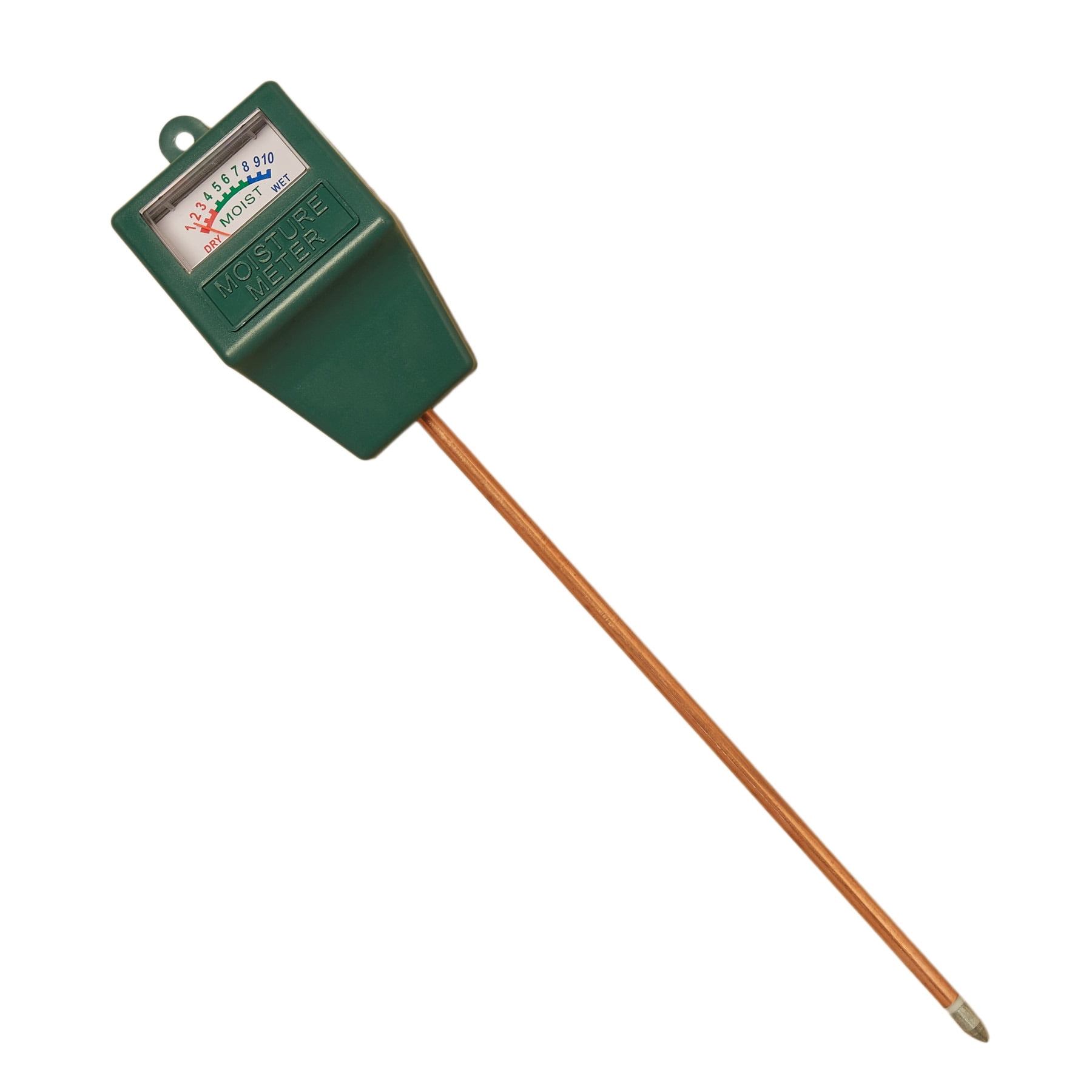The Ultimate Guide to Picking the Right Moisture Meter for Your Demands
The Ultimate Guide to Picking the Right Moisture Meter for Your Demands
Blog Article
The Ultimate Guide to Wetness Meters: A Comprehensive Summary and Exactly How They Can Save You Cash
Wetness meters offer as vital tools in identifying and keeping track of moisture content in products, helping in stopping pricey problems and ensuring the top quality of items. Understanding the nuances of different kinds of dampness meters, their applications, and the prospective cost-saving benefits they use can be a game-changer for specialists and services alike.
Kinds of Moisture Meters
Numerous kinds of moisture meters are available for different applications in different sectors. One common type is the pin-type wetness meter, which gauges the electrical resistance in between 2 pins inserted right into a product. This kind appropriates for timber, drywall, and other building materials. Pinless wetness meters, on the other hand, use electro-magnetic sensing unit plates to scan a larger location without creating damages to the product's surface area. Moisture Meter. These meters are excellent for rapidly analyzing moisture levels in huge areas such as walls and floorings.

Additionally, there are likewise specialty moisture meters developed for certain products like grain, dirt, or hay. These meters offer exact wetness analyses tailored to the distinct properties of the product being tested. Infrared moisture meters measure the thermal buildings of a material to identify its moisture content non-invasively, making them helpful for applications where pin or pinless meters may not appropriate. Comprehending the various sorts of dampness meters offered can assist sectors pick the most ideal tool for their certain moisture measurement needs.

Advantages of Using Moisture Meters
Wetness meters offer important advantages in precisely assessing and keeping an eye on moisture levels in diverse materials and atmospheres. One of the key benefits of using wetness meters is the avoidance of possible damage triggered by excess moisture.
Furthermore, making use of wetness meters can lead to increased energy effectiveness. In agricultural setups, dampness meters play an important duty in enhancing plant yields by making it possible for farmers to keep track of dirt moisture degrees and make notified watering choices.
Exactly How to Select the Right Moisture Meter
Picking the suitable moisture meter involves considering key elements such as material compatibility, measurement range, and calibration accuracy. When choosing a moisture meter, it's necessary to make certain that the meter is suitable for the particular material you will be screening. Different products have varying electric homes that can affect dampness analyses, so selecting a meter created for your product is vital for exact outcomes. Furthermore, think about the measurement series of the dampness meter. Ensure that the meter can find wetness levels within the range required for your applications. Calibration precision is another critical factor to keep in mind. Go with a dampness meter with trusted calibration to make sure regular and precise analyses. Some meters may require periodic calibration adjustments, so understanding the calibration process is crucial. By very carefully examining these factors, you can select a dampness meter that meets your needs and provides accurate wetness measurements for your tasks.
Appropriate Methods for Wetness Meter Use

Price Financial Savings Via Moisture Meter Applications
Just how can the critical utilization of dampness meters cause significant price savings throughout numerous industries? Wetness meters play a crucial role in expense financial savings by stopping potential damages and guaranteeing quality assurance in various industries. In the farming market, dampness meters help in official source determining the optimum time for gathering crops, avoiding over-drying or excess wetness that can impact the end product's top quality. This specific tracking helps farmers prevent unneeded losses and maximize their yield.
Similarly, in construction, wetness meters aid protect against costly damages by discovering dampness degrees in structure products, such as timber or concrete, which can bring about architectural issues otherwise dealt with quickly. By determining his response trouble locations early, specialists can take corrective procedures to prevent extensive repair services or substitutes, eventually conserving time and money.
In addition, in the food handling industry, dampness meters are crucial for keeping an eye on item quality and guaranteeing conformity with security policies. By accurately gauging dampness content in food, manufacturers can prevent spoilage, maintain quality, and decrease waste, resulting in substantial price savings. On the whole, the tactical application of wetness meters is an important financial investment that can lead to substantial cost decreases and improved efficiency throughout different sectors.
Conclusion
In verdict, dampness meters are beneficial devices for gauging and identifying wetness levels in different materials. By making use of the right dampness meter and following appropriate methods, customers can efficiently avoid pricey damages created by excess wetness. Buying a top quality dampness meter can cause significant cost savings over time by determining possible problems early on and making it possible for timely removal. Ultimately, dampness meters are crucial tools for keeping the stability and long life of products and frameworks.
Dampness meters offer as essential tools in discovering and monitoring moisture material in materials, aiding in avoiding pricey problems and making sure the top quality of products. Infrared moisture meters measure the thermal properties of a material to determine its moisture material non-invasively, making them helpful for applications where pin or pinless meters might not be appropriate.Wetness meters provide very useful advantages in precisely assessing and keeping track of dampness levels in diverse materials and environments. More Bonuses In farming setups, dampness meters play a critical function in maximizing crop yields by making it possible for farmers to check dirt dampness degrees and make notified irrigation choices.In verdict, wetness meters are valuable devices for discovering and measuring moisture degrees in various products.
Report this page